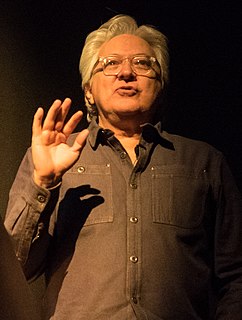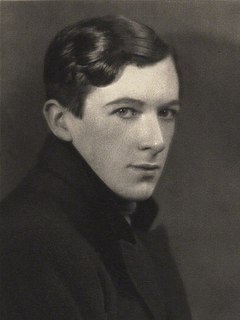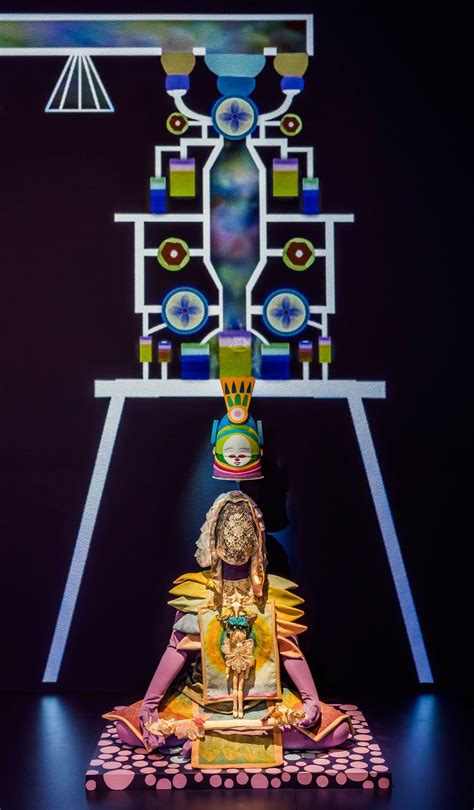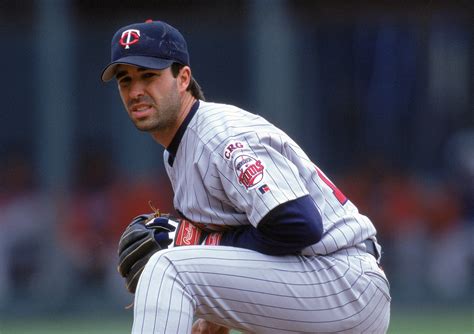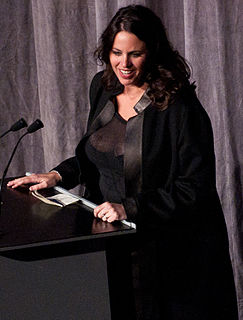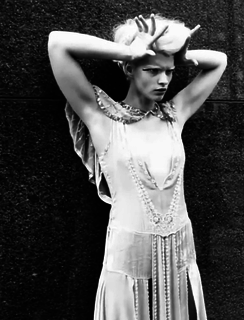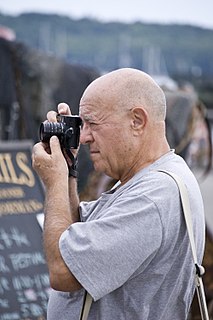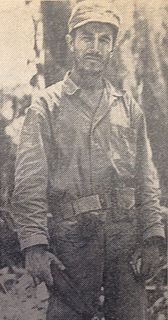A Quote by Edward Burtynsky
Digital photography and Photoshop have made it very easy for people to take pictures. It's a medium that allows a lot of mediocre stuff to get through.
Related Quotes
I like esoteric stuff but it's not my voice - it's not what I have to make. It helps to make something that's accessible. It's an expensive medium and people put up a lot of money and you can't take that lightly. It's a privilege and it's easy to be flip about it. There's a lot of bullshit, but most people in the film business aren't getting rich. They're working hard.
I never felt in competition with anybody in war photography. You're lucky to get your ass in and out again. It's as simple as that. It's the easiest photography in the world to shoot somebody who's been shot up. It doesn't take a genius. That's easy. The only thing you need to know is your photography. Get in and if you're lucky get out. And get as close as you can get.

